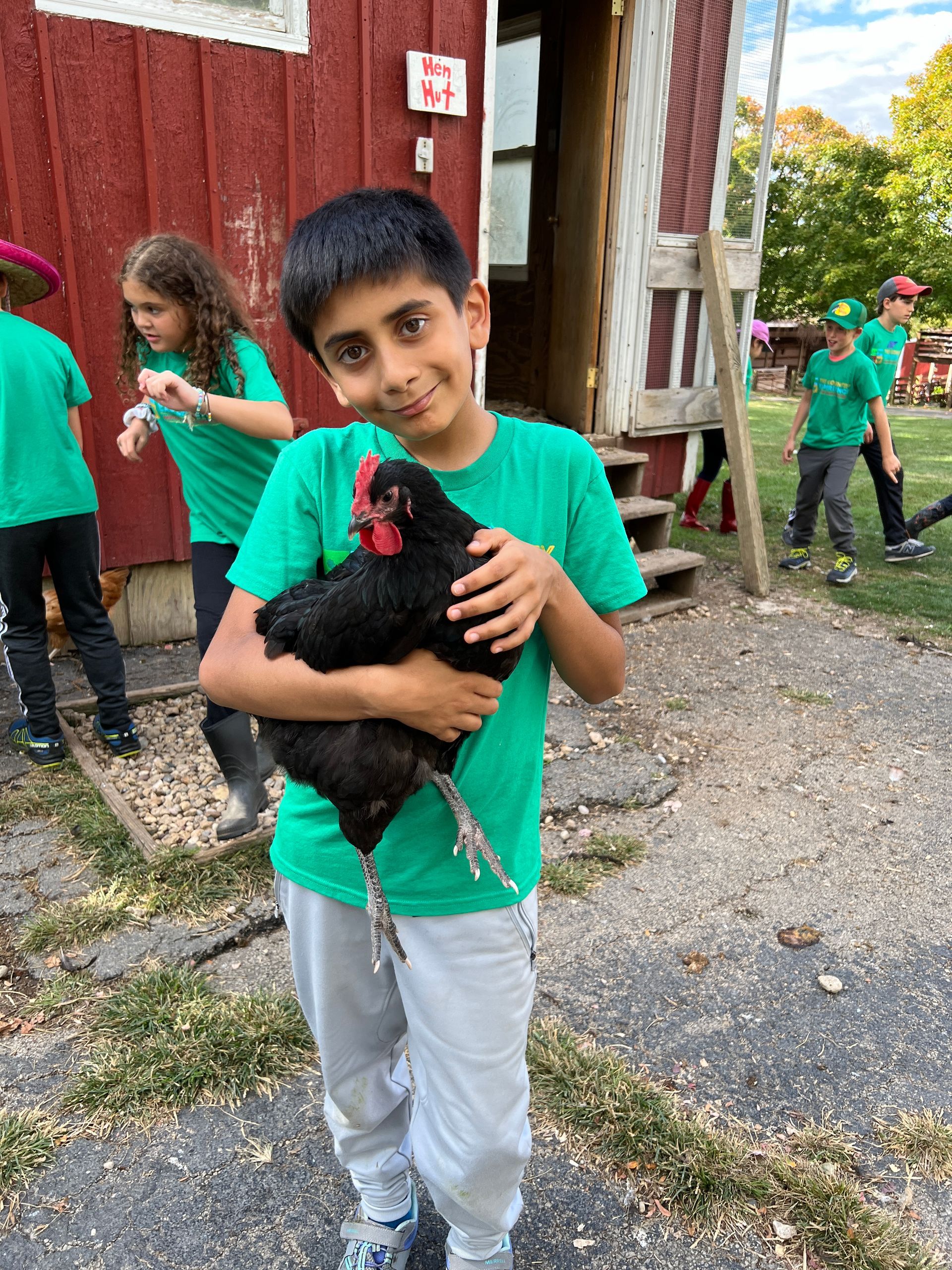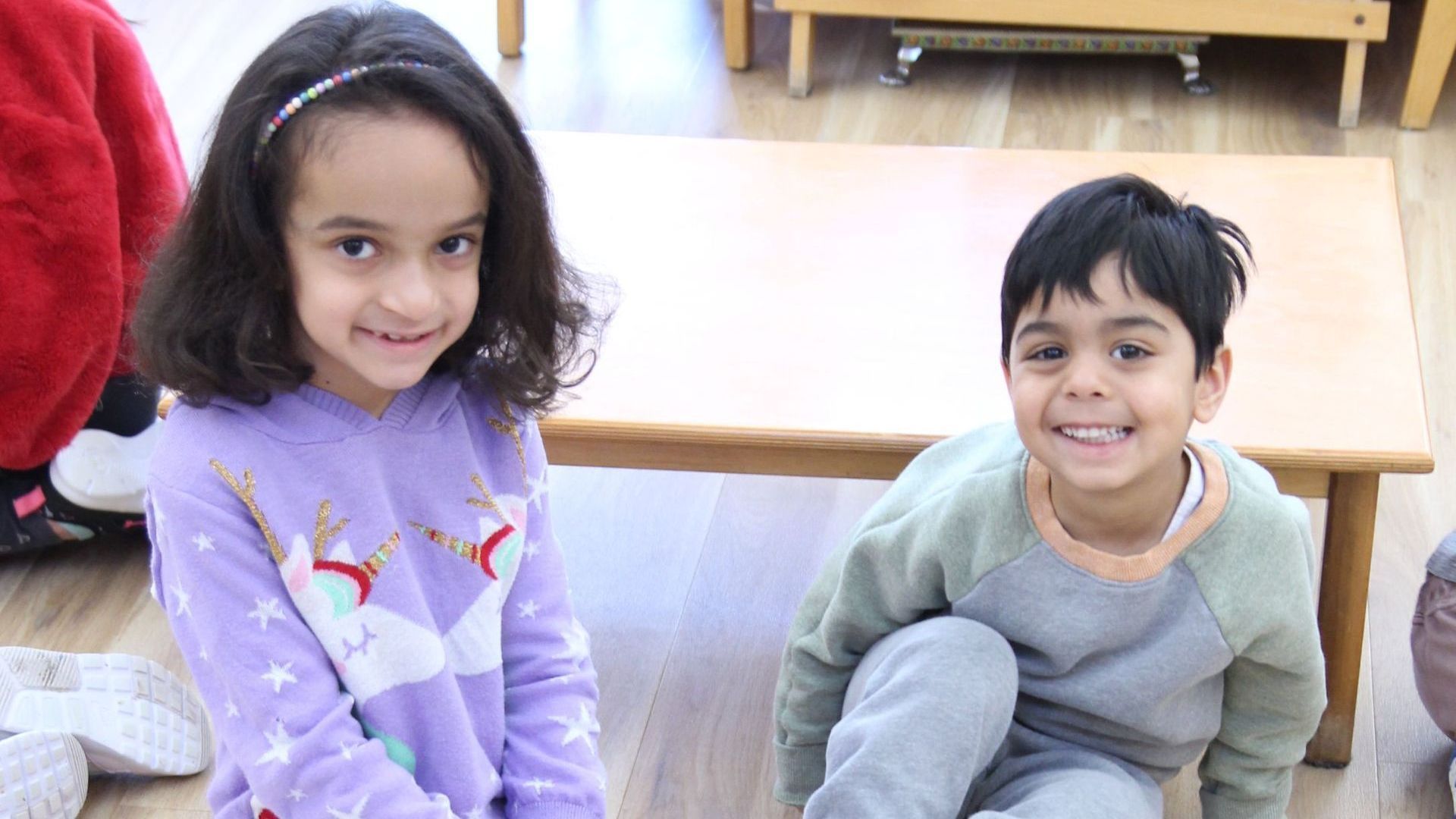By Carolyn Lanni , Primary Directress at the Montessori School of Lake Forest
 Someone recently asked me to “sell Montessori” to them. Oy, that’s a difficult question to answer when virtually everything about Montessori made me choose it as my life’s work! This person did not want to stand there for the five hours it would probably take me to cover everything, but I boiled it down to this: Montessori has respect for the child and respect for the learning process.
Someone recently asked me to “sell Montessori” to them. Oy, that’s a difficult question to answer when virtually everything about Montessori made me choose it as my life’s work! This person did not want to stand there for the five hours it would probably take me to cover everything, but I boiled it down to this: Montessori has respect for the child and respect for the learning process.
In Montessori, there are no “good kids” and “bad kids.” If a child exhibits inappropriate behavior, we redirect it in constructive ways:
- “I noticed you want to run in the classroom—let’s practice walking on the line!”
- “I see you have a lot of energy—let’s scrub all the pencil marks out of this table!”
Redirection extinguishes the negative behavior without the child even realizing it—their dignity intact— and instead gives them a purpose.
Conversely, if a child exhibits positive behavior, we use praise sparingly. Instead, we might point out their accomplishment or describe how a child’s actions are helping somebody, the community, or the environment:
- “You finished that challenging work!”
- “You are teaching our younger friend how to walk!”
- “You swept the food off the floor!”
With this approach, there is no punishment or reward system that bribes or shames children into compliance. Appropriate behaviors are expected, and the reason children exhibit them is because they help the community and support their own personal self-satisfaction. At the same time, the enthusiastic spirit within exuberant children isn’t extinguished—it’s guided into constructive activities and flourishes into self-confidence . This is utter respect for the child.
Just as Montessori respects the child, it also respects the learning process. In Montessori environments, mistakes are OK . Both children and adults realize that mistakes are necessary in order to learn.
- A glass has broken? Let’s sweep it up and carry one more carefully next time.
- You wrote “c” backwards? Just try again.
- You solved 5+5=11? Just erase it and write the correct sum.
Instead of pitting children against each other to see who can make the fewest mistakes (and then assign them a grade accordingly), we focus on the growth of each child individually. When children feel free to follow their own learning process in this way, they maintain their natural love of learning.
I personally attended traditional, public schools and got a great education. But the teachers and classrooms that I remember the most fondly—and were most effective—were those that respected me as a person and as a learner. This is the essence of Montessori. The method creates a more effective way of teaching and learning, and it’s more respectful of other human beings. It’s why I do what I do, and why I send my own child to like-minded teachers at the Montessori School of Lake Forest.
The post R-E-S-P-E-C-T: That’s What Montessori Means To Me! appeared first on Montessori School of Lake Forest.






